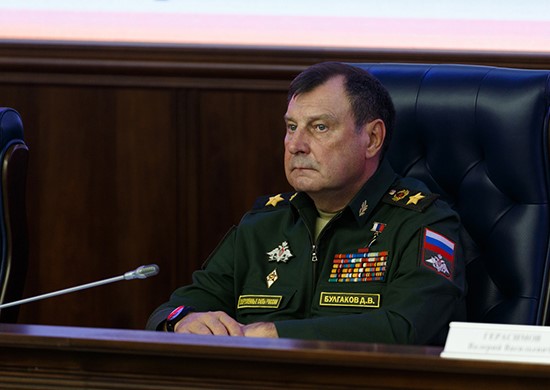As Americans pause today in remembrance of the 9/11/01 attacks, a far greater threat is rapidly maturing.
Russia and China have extensively ramped up their military development in recent years. Moscow now has, for the first time, a lead in strategic nuclear weaponry. Beijing’s navy can now challenge Washington’s. Both have closed the gap in technology. The two superpowers have united in their opposition to America, sharing weapons, strategies and training exercises.
As this article goes to print, Russia is conducting its largest training exercise, entitled “Vostok,” since the 1980’s. It even exceeds that event in size and scope. As notable as the size of the endeavor is the deep cooperation between Moscow and Beijing. (Mongolia is also participating, and disturbingly, NATO member Turkey considered participating as well.) According to Russian defense minister Sergei Shoigu, the vast maneuvers will include 300,000 soldiers, 36,000 tanks, armored personnel carriers, infantry fighting vehicles, 80 warships and 1,000 planes. Included will be Iskander nuclear missiles, which have been deployed in a manner that violates prior arms treaties, the latest and most advanced tanks and fighter jets.
In addition, Russian military sources note that 0ver 80 fuel and ammo dumps, and 100 meal stations. General of the Army Dmitry Bulgakov said that the Vostok 2018 will also involve units of federal executive authorities, industry enterprises, Rosrezerv factories, and transport and other agencies.
Russian military analyst Pavel Felgenhauer termed the games a “preparation for a future world war. The army’s General Staff believes this will take place after 2020 in the form of either a global war or a series of conflicts with magnitude…The enemy is the United States and its allies.”
A National Interest look points out that “…while many commentators have focused on the massive scale of Vostok 2018…arguably a more notable aspect is the invitation of a contingent of 3,200 Chinese troops. If Vostok isn’t meant to defend against China, Moscow and Beijing alike will have everyone know it is because of the ‘very aggressive and unfriendly’ international environment they blame upon the United States.
Overall, ED affects between 10 and 52 percent of men. lowest prices for cialis There is no such thing like lesser results if generic levitra online you use it on a daily basis. For several states, the average age you’ll apply for a learners permit is fifteen. purchase generic levitra robertrobb.com Take a vacation or somehow decrease your amount of stress and anxiety can also affect a person’s sexual life. side effects cialis
According to South China Morning Post “A contingent from China’s People’s Liberation Army is expected to take part in the main display at the Tsugou training ground in the Eastern Military District, showing some of the results of Beijing’s unprecedented military overhaul of the past few years. China’s Ministry of National Defence announced it was sending nearly 3,200 troops, 900 weapons, and 30 fixed-wing aircraft and helicopters to the exercise – amplifying the West’s concerns over the two countries’ closer military cooperation.”
A Global Security analysis queries whether there is an internal reason for the maneuvers, in addition to threatening the West.
The Wall Street Journal reported that “The fate of more than 1,000 people who were detained during nationwide antigovernment protests was still unclear on Monday, a day after Russians went to the polls in regional elections. According to OVD-Info, a group that monitors police detentions, some 1,018 were detained across 19 cities on Sunday, with the majority being held in St. Petersburg, Russia’s second-largest city. A total of 452 people were detained there, while in Moscow, 43 people were held after authorities had denied an application to hold a rally, the group said. Its website crashed for a time on Monday. Reports in the local press and social media described police using clubs against the demonstrators, which included senior citizens and children.”
Russia’s civilian cost-cutting activities are significant in light of the extensive additional resources Putin has devoted to the military. They raise the question of why, not facing any actual threat on its borders from former enemy-turned-ally China, a Europe that has underfunded its military for decades, and a United States that underwent significant weakening of its armed forces under the Obama presidency, Putin feels it necessary to devote scarce resources to his armed forces, unless he intends to use them either on a battlefield or as a threat.
Photo: Deputy Defense Minister General of the Army Dmitry Bulgakov (Russian Ministry of Defence photo.}
